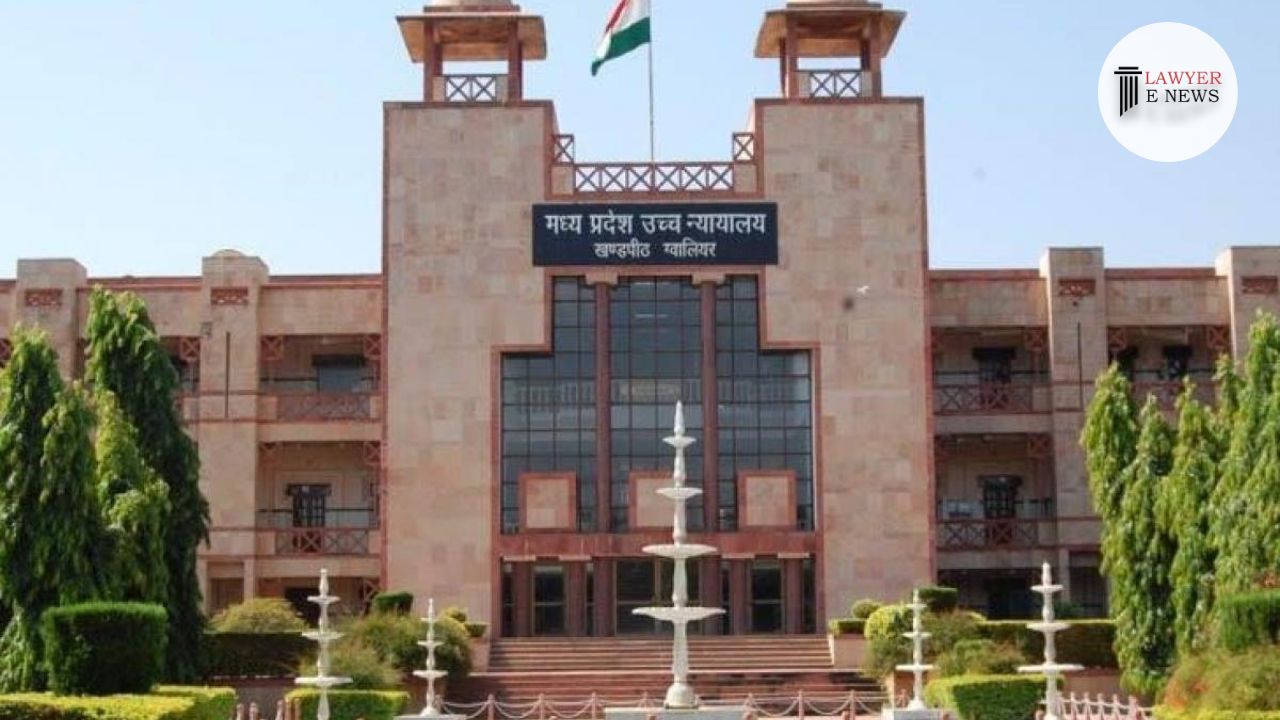-
by Admin
15 February 2026 5:35 AM



In a significant ruling, the High Court of Madhya Pradesh, presided over by Hon’ble Justice Prakash Chandra Gupta, upheld the trial court’s decision granting maintenance to a wife and her minor son, setting a precedent on the interpretation of maintenance laws in India.
The case, involving Smt. Deepa and her son Rohit against her husband Harish, centered around the maintenance claim under Section 125 of the Code of Criminal Procedure (CrPC). The Principal Judge, Family Court, Indore, had earlier ruled in favor of the wife and son, awarding them monthly maintenance of Rs. 3,000 and Rs. 4,000, respectively.
Justice Gupta, in his judgment, emphasized the court’s duty in awarding just and reasonable maintenance. He stated, “The amount of maintenance should be such that a wife is able to maintain herself decently and with dignity. If after considering the material placed before the Court, the Court thinks that a particular amount is a reasonable amount, he is required to award the said amount as maintenance, and in my opinion, he cannot refuse to grant the said amount merely because the claimant has not claimed such an amount in her application.” This observation addresses a critical aspect of maintenance laws, highlighting that the court’s discretion in determining the maintenance amount is paramount and should not be limited by technicalities.
The High Court’s judgment also clarified the application of the principle of Res Judicata in maintenance cases. The court noted that the principle would not apply if the previous application was not decided on its merits.
This ruling is seen as a landmark in reinforcing the legal rights of women and children to adequate maintenance. The case references several other notable judgments, including Shamima Farroqui V Shahid Khan [(2015) 5 SCC 705], underlining the evolving jurisprudence around maintenance in Indian law.
Legal experts view this judgment as a reinforcement of the judiciary’s role in ensuring fair and adequate maintenance, respecting the dignity and needs of dependents in matrimonial disputes. The judgment has been welcomed by various sections of society, highlighting its significance in the ongoing discourse on family law and women’s rights in India.
Date of Decision: 07.11.2023
DEEPA AND ANR. VS HARISH RAILWANI
